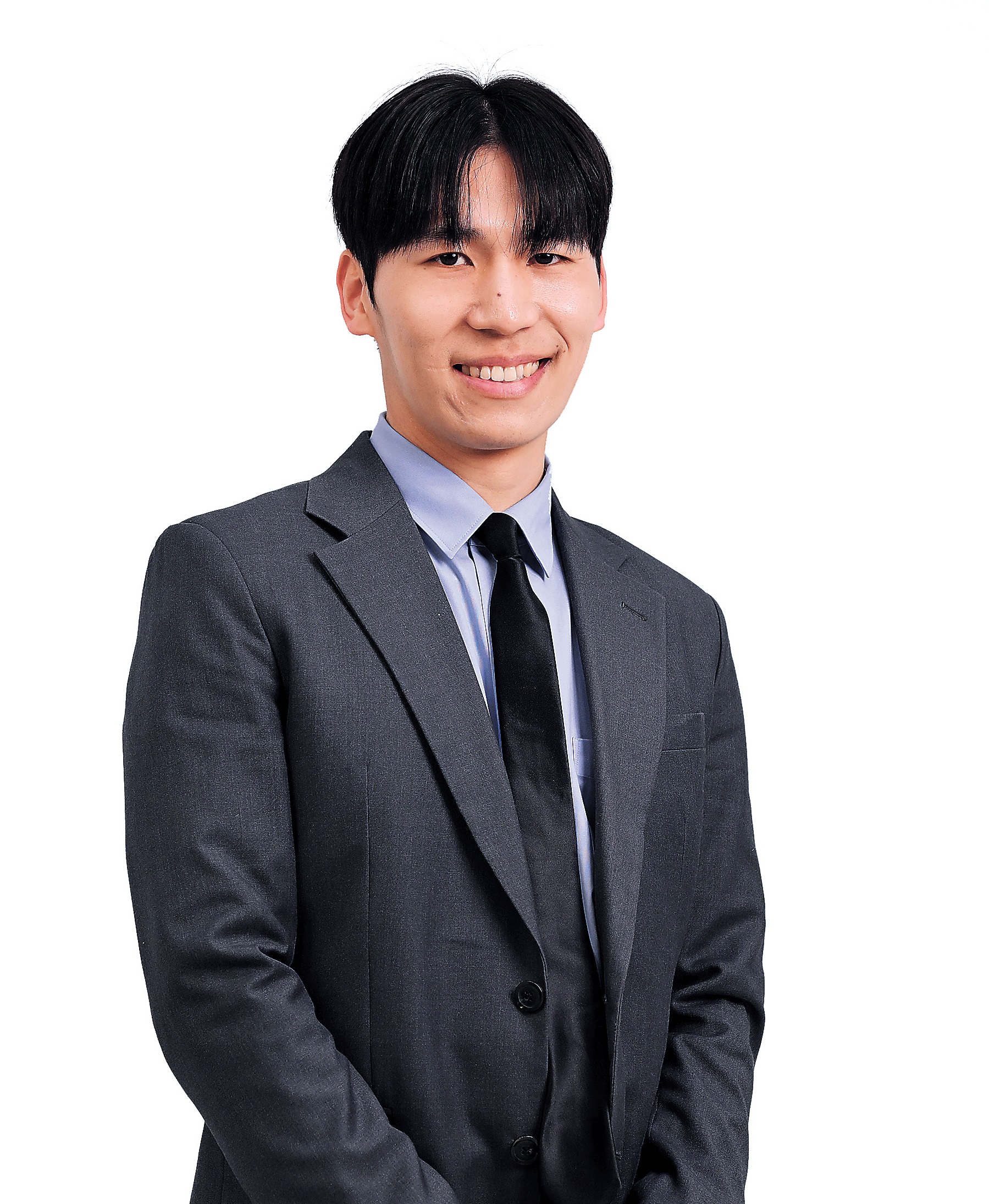
The new National Assembly of 300 members selected in Wednesday’s general election will be devoid of any independent members for the first time in over five decades.
A total of 58 candidates without any political party affiliation ran in 254 constituency races, but none prevailed.
The Assembly previously lacked a nonpartisan representative three past sessions spanning from 1963 through 1972. But that was before partisan politics firmly took root in Korea, with the "democracy" of the time beholden to military dictatorships.
In the latest election, the closest nonpartisan candidate to victory was Choi Kyung-hwan, who secured 42.27 percent of the vote but lost to the ruling People Power Party candidate Cho Ji-yeon in a tight race in Gyeongsan, North Gyeongsang Province, by a margin of 1.16 percentage points.
In the previous general election in 2020, five maverick candidates were elected, including Hong Joon-pyo, who won a parliamentary seat in Daegu's Suseong-B constituency.
The number of independent candidates registered then stood at 116, double this year’s 58.
Results from Wednesday’s vote showed that South Korea’s rival forces continue to bisect the unicameral legislature, with the liberal opposition Democratic Party of Korea bagging 175 seats out of 300 and the conservative ruling People Power Party at 108.
Four minor parties combined for 17 seats in the Assembly. The Rebuilding Korea Party, headed by former Justice Minister Cho Kuk, earned 12 seats, while the New Reform Party, led by former People Power Party chief Lee Jun-seok, secured three. The New Future Party and Progressive Party each got one.
The election that saw the highest number of nonpartisan representatives was in 1950 for the second National Assembly, where independent candidates secured the majority of seats with 124 out of 204 seats. In the inaugural general election held in 1948, independent candidates secured 85 seats out of 200, accounting for 42.5 percent of the National Assembly.





![[Weekender] Korea's traditional sauce culture gains global recognition](http://res.heraldm.com/phpwas/restmb_idxmake.php?idx=644&simg=/content/image/2024/11/21/20241121050153_0.jpg&u=20241123224317)











![[More than APT] Residents, architects together design homes](http://res.heraldm.com/phpwas/restmb_idxmake.php?idx=652&simg=/content/image/2024/11/24/20241124050036_0.jpg&u=)
